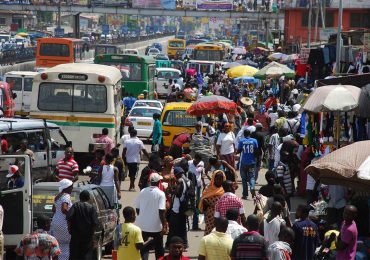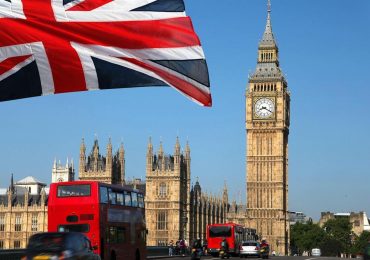The interrelation of risks of financial market participants and the Eurozone.
As experts assure, the world economy continues to slow down its growth rates, especially in the manufacturing industry. However, in the second half of 2019, experts still expect to see an improvement in the situation. In addition, it is safe to assume that the stabilization of China’s GDP growth will have a positive impact on the eurozone economy. Given the current macroeconomic conditions and low inflationary pressures, the largest world’scentral banks are likely to maintain current prudent policies and follow developments.
After the presidential elections in France, in 2017, the world expected the European Central Bank to take advantage of a positive economic background in order to raise borrowing costs and prevent negative effects of negative interest rates. However, the regulator decided to keep rates at the same level. At that time, the forecasts of the ECB experts on the dynamics of GDP and inflation were quite bright. However, since then, the European economy has faced problems, which was particularly pronounced in Germany, and the Central Bank reacted to this by a significant deterioration in its forecasts for 2019-2020.
However, if you take into account the overall picture of the EU economy, then you need to recognize that the eurozone is distinguished by stability and well establishment, which is a result of the absence of systemic risks in the currency bloc. In Europe, the business cycle is usually determined by changes in external demand, which is dominated by China. So, recently this cycle in the manufacturing industry has been slowed down by a downturn in car production in Germany due to the adaptation to new exhaust emission standards. This factor should soon lead to a significant acceleration of industrial production in Germany.
Risks of financial market participants
In 2017, the ECB rejected the idea of normalizing interest rates, in order to confirm the reliability of the strategy to publicize further steps in monetary policy. However, according to experts, this tool is not a strategically important element in its work. And now we can conclude that the regulator has lowered, at a minimum, a chance to incarnate the refusal of negative rates. And it seems that Mario Draghi is ready to repeat this mistake again, saying that the stakes will remain the same until 2020.
It can be said that now Europe is following the path of the Japanese economy. After all, soon the speed of monetary circulation will fall, and the rates will remain low for a very long time. Ideally, the eurozone should review the combination of measures in the field of macroeconomic policy, raise rates to zero and at the same time implement a multi-year infrastructure investment plan, which can be financed by increasing the budget deficit of member countries of the currency bloc.

Experts expect the eurozone economy to recover by the second half of 2019. After all, no matter what decisions will be made in the monetary policy sphere, the risky assets of continental Europe have a good premium, plus they have not yet become very popular, which also increases the chances of reducing the likelihood of their quotes falling.









